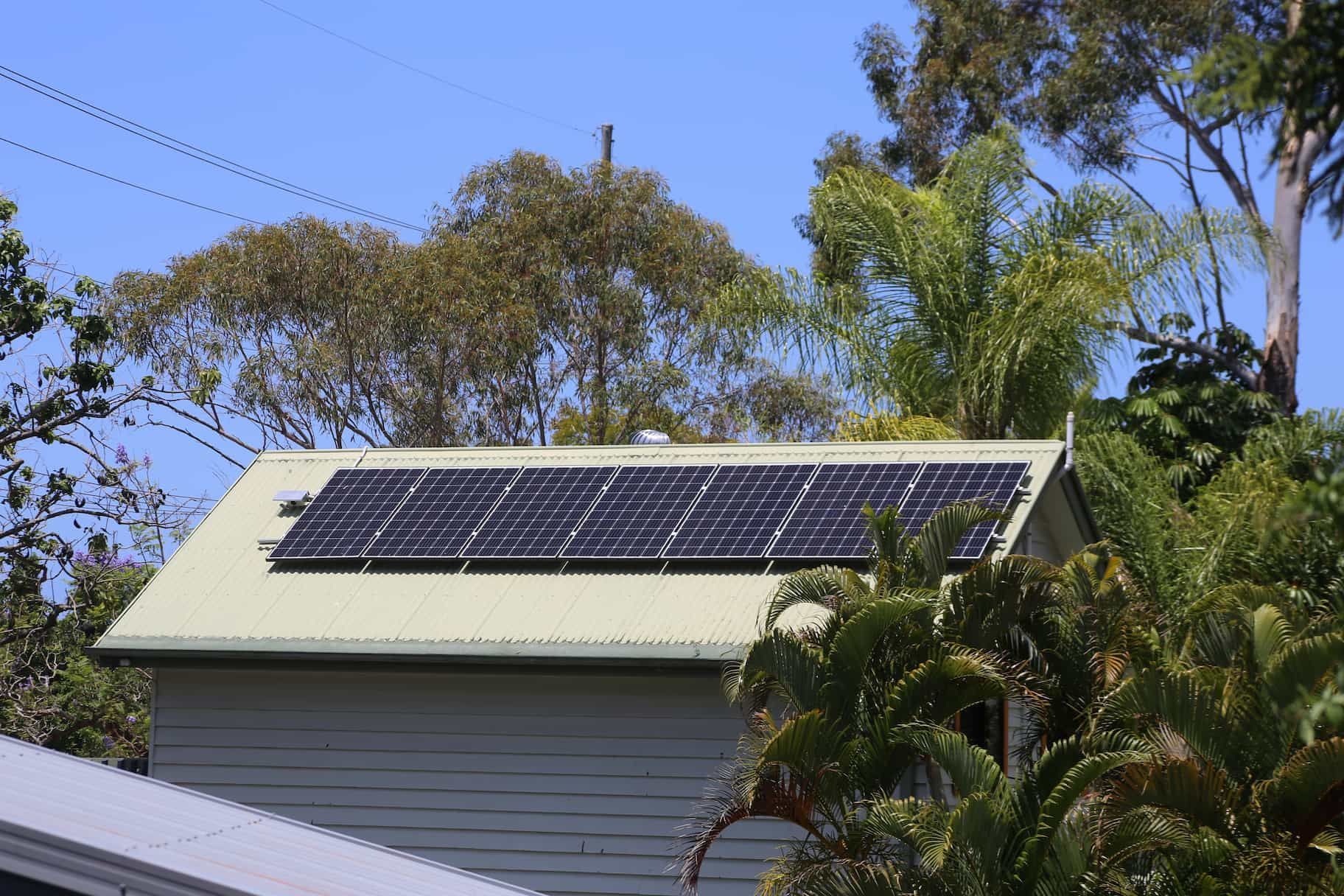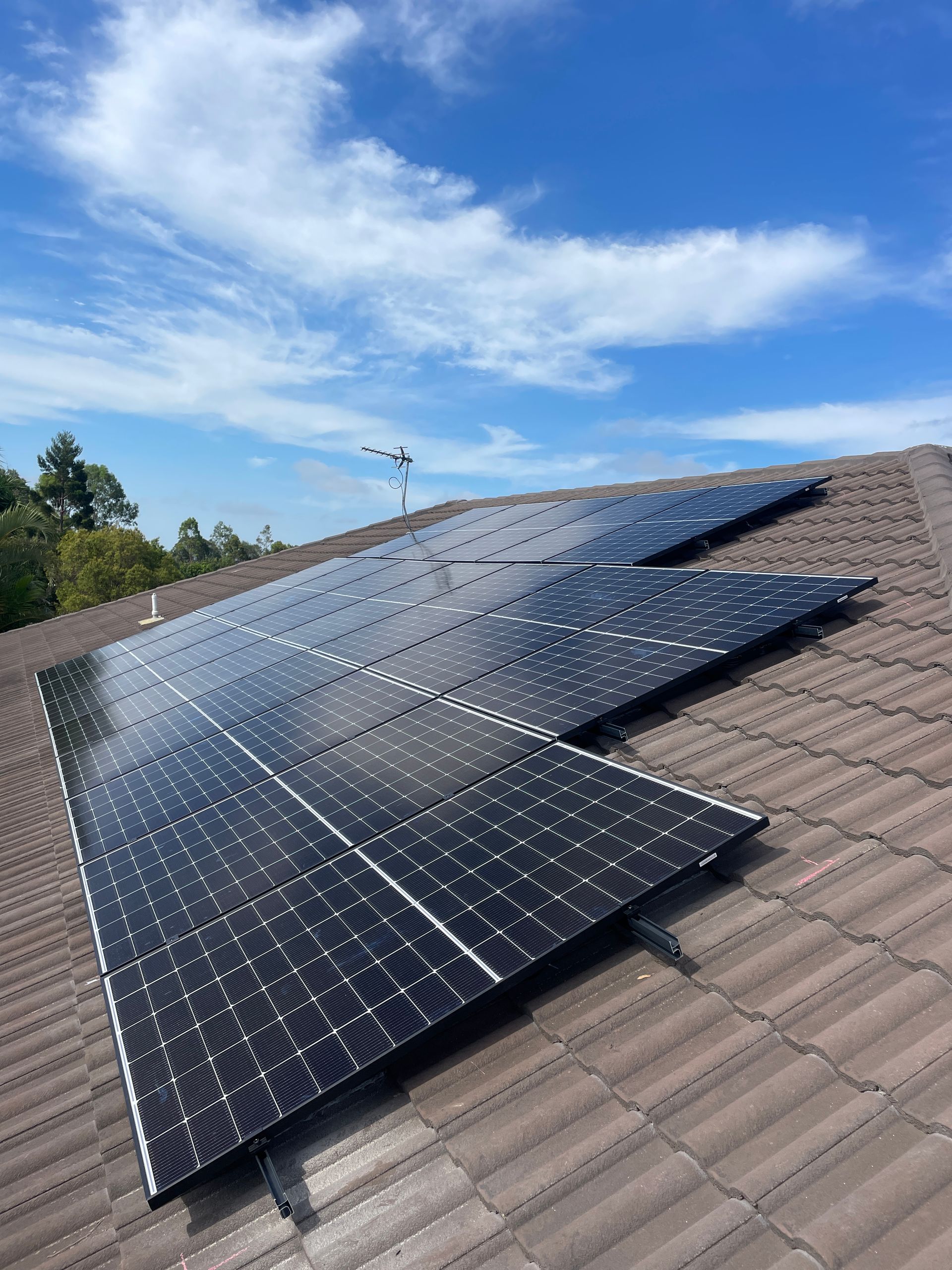Common Electrical Emergencies and How To Handle Them
From firing up the air conditioning to charging your laptop and making a cup of coffee, electricity plays a crucial part in our day-to-day lives. However, when something goes wrong with your electrical system, it can pose serious risks to your property and its occupants. This blog post will equip you with the knowledge required to identify, understand and respond to electrical emergencies in the safest and most efficient way possible.
1. Power Outages
Causes: Power outages can be caused by severe weather, electrical grid failures, issues in your home’s wiring, broken appliances, nearby vehicle accidents, equipment failure and more.
What to Do: First, look outside to see if it’s a neighbourhood-wide issue or just a problem with your home. If it’s just your home, check the fuse box for any tripped fuses. If the issue is more widespread, check the Energex Outage Finder to see if any information is available. If resetting any tripped fuses does not work, get in touch with your energy provider or an emergency electrician. While you wait, unplug any sensitive electronics to prevent damage when the power returns and use candles or a torch for lighting.
2. Overloaded Circuits
Causes: Overloaded circuits occur when too many appliances or devices are used at once, exceeding the circuit's electrical capacity.
What to Do: Unplug unnecessary devices and reset your circuit breaker if it has tripped. To prevent future overloads, spread out high-energy appliances across different circuits and consider upgrading your switchboard if it's old or outdated. If you can’t work out what’s causing the circuit to trip, contact an electrician.
3. Electrical Fires
Causes: Electrical fires can start due to faulty wiring, overloaded circuits, malfunctioning appliances or human error.
What to Do: The size of the fire will determine the most appropriate response. If it’s a small electrical fire that you can put out yourself, turn off your home’s power supply and use a Class C fire extinguisher or fire blanket if available. Ensure you do not use water to put out the fire as it will make it worse. If it’s a big fire that’s uncontrollable, leave the property as soon as possible and call emergency services.
4. Electric Shocks
Causes: Electric shocks often happen due to faulty appliances or outlets, damaged power cords or exposed wiring.
What to Do: Disconnect the power source as soon as possible. If the person is unconscious, call emergency services immediately and start CPR. Depending on the severity of the shock will determine if medical attention is required. For low-voltage shocks that leave no burn marks care is often not required. However, anyone that receives a high-voltage shock should seek medical attention.
5. Flickering Lights
Causes: While flickering lights may not seem like an electrical emergency, they can be a sign of a poor connection in your electrical system.
What to Do: If it's just one lamp or light, try changing the bulb. If multiple lights flicker, it could indicate a more serious issue. Avoid using these lights and contact a licensed electrician to inspect and repair the problem.
6. Burning Smells or Sparks
Causes: A burning smell or sparks coming from an outlet or appliance can indicate an electrical short or overheating components.
What to Do: Immediately switch off and unplug the affected device or switch off the power to the area. Do not use the outlet or appliance until it has been checked and repaired by a professional.
7. Tripping Circuit Breakers
Causes: Circuit breakers trip to protect your home from overloaded circuits or short circuits.
What to Do: Reset the breaker once. If it trips again, that’s a sign of a more serious problem. Identify and unplug the device causing the issue and consult an experienced electrician.
8. Buzzing Noises
Causes: Buzzing noises from outlets or switches can indicate loose wiring or a faulty electrical device.
What to Do: Avoid using the outlet or switch and call an electrician. Loose connections can lead to arcing, which can cause fires in extreme cases.
9. Warm or Discoloured Wall Outlets
Causes: Outlets that are warm to the touch or discoloured may be experiencing an electrical overload or wiring issue.
What to Do: Switch off your power, stop using these outlets immediately and consult an electrician. This could be a sign of dangerous overheating in your electrical system.
10. Frequent Bulb Burnouts
Causes: If light bulbs frequently burn out in a particular fixture, it could be due to high wattage, poor wiring or a bad connection.
What to Do: Try using a bulb with lower wattage. If the problem persists, it’s best to have an electrician inspect the fixture and wiring.
Conclusion
Electrical emergencies range from minor issues to major hazards and the key to effectively handling them is understanding their causes and knowing the appropriate actions to take.
If you find yourself in an
electrical emergency on the Gold Coast, get in touch with JL Electrical Solutions on
0432 655 540.
Written By Josh Lys
Since 2015, Josh has helped Gold Coast locals with their residential, commercial and industrial electrical needs. From installing power points to cleaning air conditioners and helping customers harness the benefits of solar, Josh has extensive experience installing, repairing and maintaining even the most complex electrical systems and is fully licensed and insured.
Don't let a minor electrical issue become major. Call Josh today!
Site Links
Electrical
Air
Solar
Safety & Compliance
Contact
Open 24/7
Social
Licenses
- Electrical 91106
- Air Conditioning 1127358
- Solar A2833029
- ABN 23763195628





